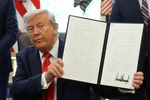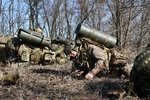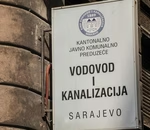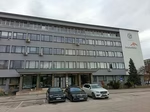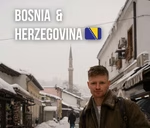Paini and Barlow Brown: The truth about Srebrenica Genocide is now undeniable
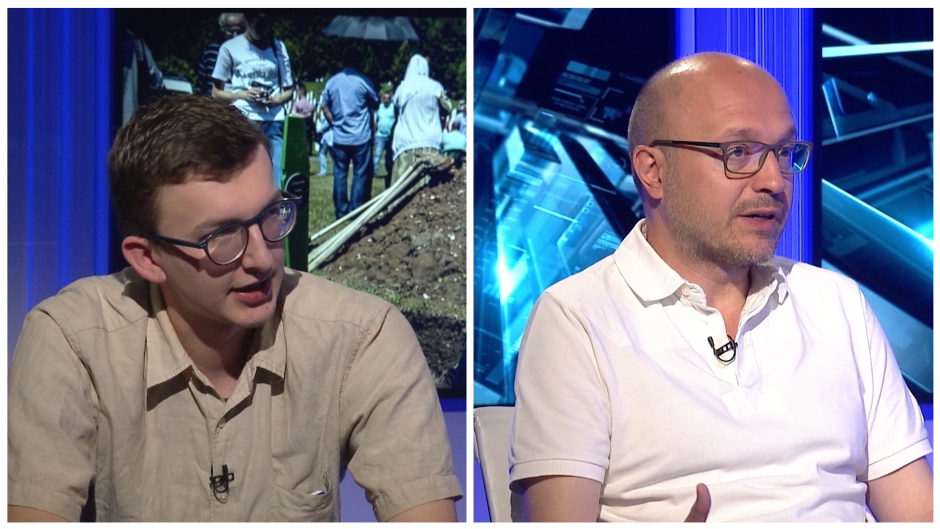
More than 8,000 Muslim men and boys were executed when Bosnian Serb troops overran the eastern enclave of Srebrenica in July 1995. The massacre is considered Europe’s worst slaughter since World War II and has been declared an act of genocide by two international courts.
Oglas
"The response to the question why no one prevented genocide in Bosnia and Herzegovina, where the intentions of various political groups who publicly declared their plans of carrying out violence were not recognised, is not because of the ignorance of the media or the politicians, who presented genocide as a 'chaotic historical drama' in which the conflict of tribes determined the dark fate of the Balkans, but because of the passiveness and indolence of world institutions, which were obliged to prevent it, not to tolerate it." - reads the book ‘Mothers of Justice’ by author Sergio Paini, who spoke to N1's Ika Ferrer Gotic.
Young British photojournalist Tom Barlow Brown also told N1 about his archive collection summed up in a book which describes the perspective of the Dutch soldiers who served in Srebrenica in July of 1995.
Oglas
Barlow Brown commented on the negligence of the international community and the situation in the DutchBat (the Dutch Battalion) during the massacre.
The Dutch Supreme Court's decision on the country's partial responsibility for the Srebrenica genocide is a unique case because the Netherlands was the first and only country in the world to convict itself for not stopping the death of 350 Bosniaks in July 1995.
The Dutch soldiers were responsible and obliged to protect all the residents of the UN safe zone in Srebrenica as that was their mandate from the UN, documents show.
Barlow Brown shared some of the stories of the retired Dutch soldiers.
Oglas
The full interviews can be seen in the video above.
Kakvo je tvoje mišljenje o ovome?
Učestvuj u diskusiji ili pročitaj komentare
Oglas
Kakvo je tvoje mišljenje o ovome?
Učestvuj u diskusiji ili pročitaj komentare
Oglas





 Srbija
Srbija
 Hrvatska
Hrvatska
 Slovenija
Slovenija



























